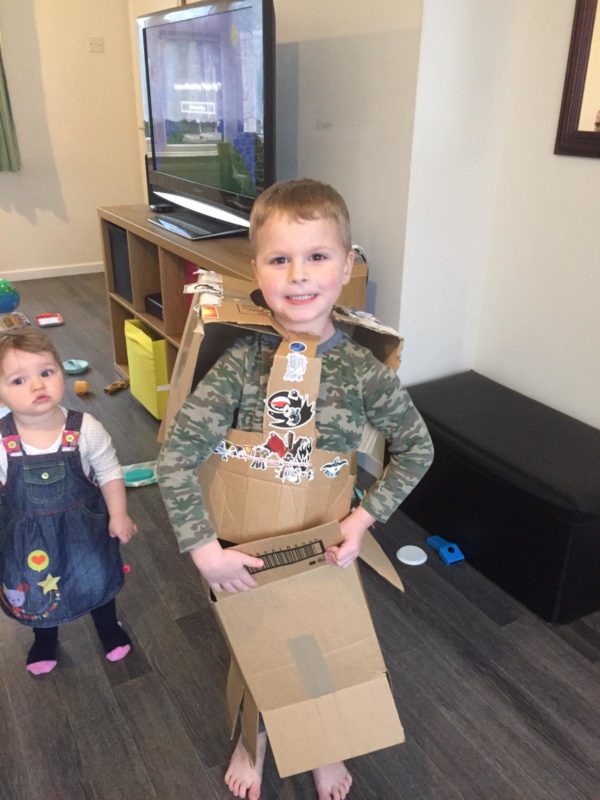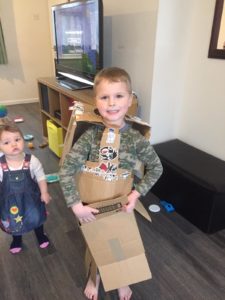News
News & Events
Isolation Companions: How Pets Are Helping Us During the Pandemic
Isolation Companions: How Pets Are Helping Us During the Pandemic
Somehow, interacting with pets is purrr-fectly irresistible whenever we are near them. Playing with them, petting them and in some cases, like dogs or horses, even training them brings us a great deal of joy and satisfaction into our lives – a relaxing break from the buzzing world around us.

Phoebe
What does that have to do with brain injury, you might ask? A lot! Spending time with pets has been found to have many health benefits. It can reduce stress, lower the heart rate and improve overall mood and mental health. Scientists from the University of Basel have recently found that having pets, such as dogs, rabbits or guinea pigs, during a patient’s rehabilitation journey is beneficial for motivation, social engagement and can even be restorative. At the same time, pets benefit because they are cared for, fed, educated and entertained, which creates a nourishing and loving environment and a loyal companionship for them both.
During this unusual period of isolation that is so different to our everyday lives, and with the uncertainty that lies ahead, it is common for our stress and anxiety levels to increase. Studies as far back as Matszek (2010) indicate that interaction with pets on a daily basis releases endorphins that have a relaxing effect on the body, as animals offer safety, security and protection (Cusack and Smith, 1982).
Currently, we find ourselves having even more time spent with our furry friends and we appreciate them more than ever during this Pandemic, a connection that Matszek’s research highlights is “remarkable and valuable”. This is a theme that is also reflected by the work of Cusack and Smith who found that an elderly adult may feel it is inappropriate to receive or dispense affection or emotion, however society accepts that displaying emotion towards a companion animal is unconditional and they provide “non-judgemental love and loyalty”.
History has shown us that pets have long been our companions. From wolves that evolved to become domesticated dogs, by earning their loyalty through guarding both people and livestock in return for food. From Egyptian’s adoration of their cats, helpful in pest control and companionship, to mourning them in tombs. It can be said that pets have been and will continue to be an integral part of society.

Arthur
Rabbits, Guinea pigs and fish are also adored pets. Guinea pigs are highly intelligent and provide affection. They are easy to talk to, and just like a dog or cat, they can provide solace after a long day without passing judgement.
Animals become part of our home and our family. For some they are the main source of emotional support available. Brain injury is often life changing and can affect a person’s mobility, speech, memory, which can have an effect on relationships with a partner, friends and family, working life, financial situation and much more. Going home to an empty house with no support, or being unable to load the dishwasher, or withdraw money from an ATM machine is more than just a daily frustration. Charities like Canine Partners or the Association for the Blind, Hearing Dogs for the Deaf or Riding for the disabled offer a new doorway for people who wish to regain their independence.
From going on new adventures in the great outdoors with your dog, to the casual conversation with passersby, pets often increase socialisation as they stimulate much conversation that may otherwise go unheard.
For those who have sustained a brain injury, pets are key to motivating a daily routine and can provide much needed help in everyday life.
It’s not just those affected by brain injury that our pet friends help to support, but they also help support with many aspects of life, such as mountain rescue, livestock management, bomb disposal, disabled companions, epilepsy or narcolepsy detectors and dogs that now detect cancer.

Honey
How do your pets support you? What do your pets know that only they know because you’ve offloaded to them after a long day? How do your pets make you feel during this time?
We’d love to here your stories and what your pets mean to you – send us your pictures and stories to events@headway-oxford.org.uk.
Emergency Food Drop Service Launches
|
|
|
|
|
|





